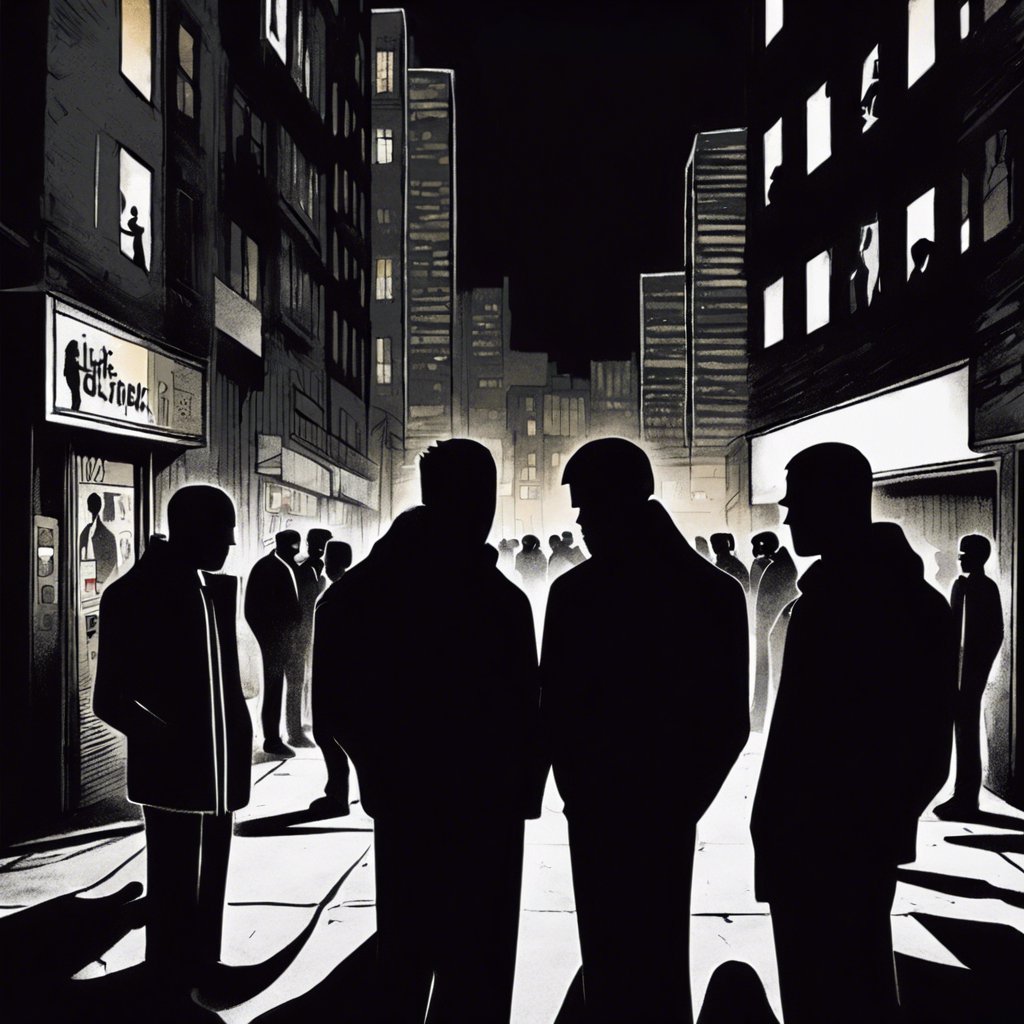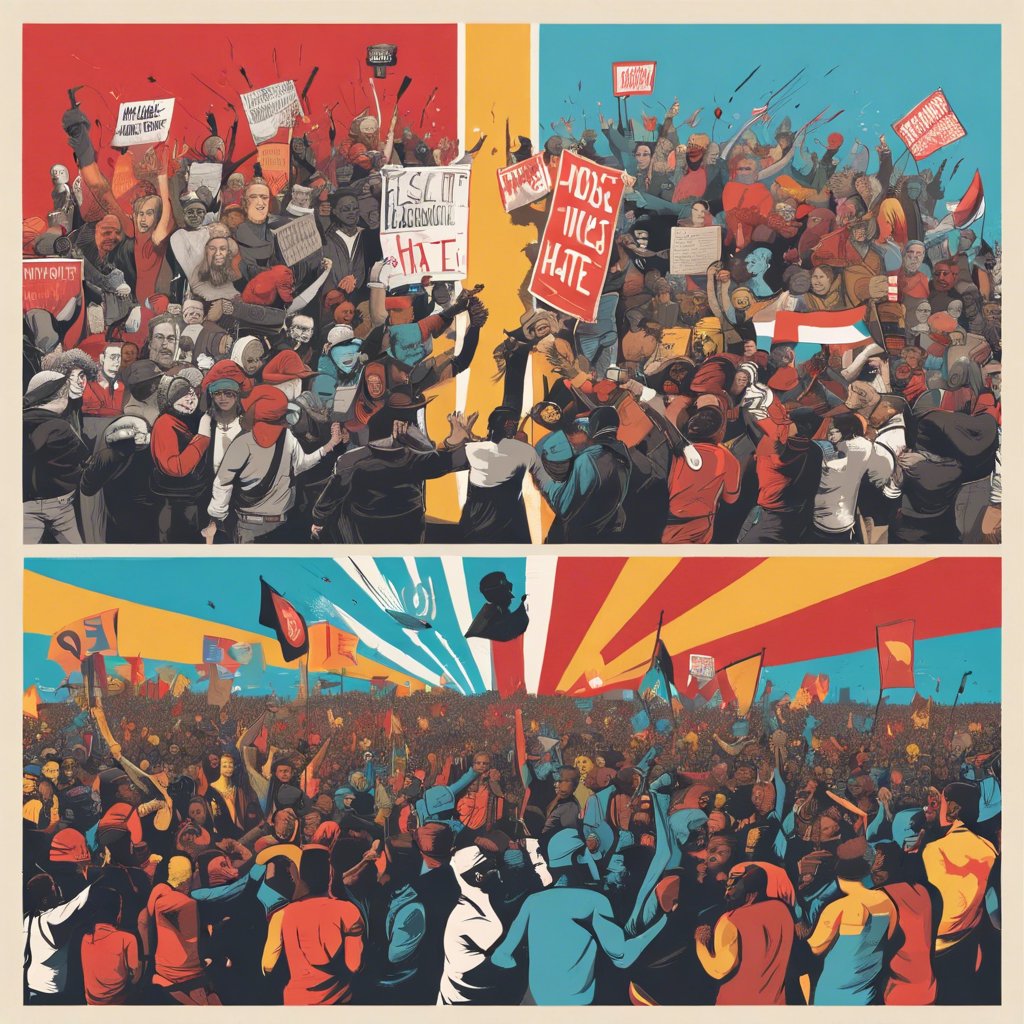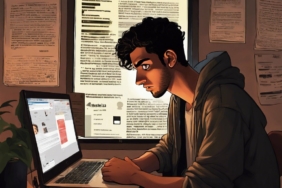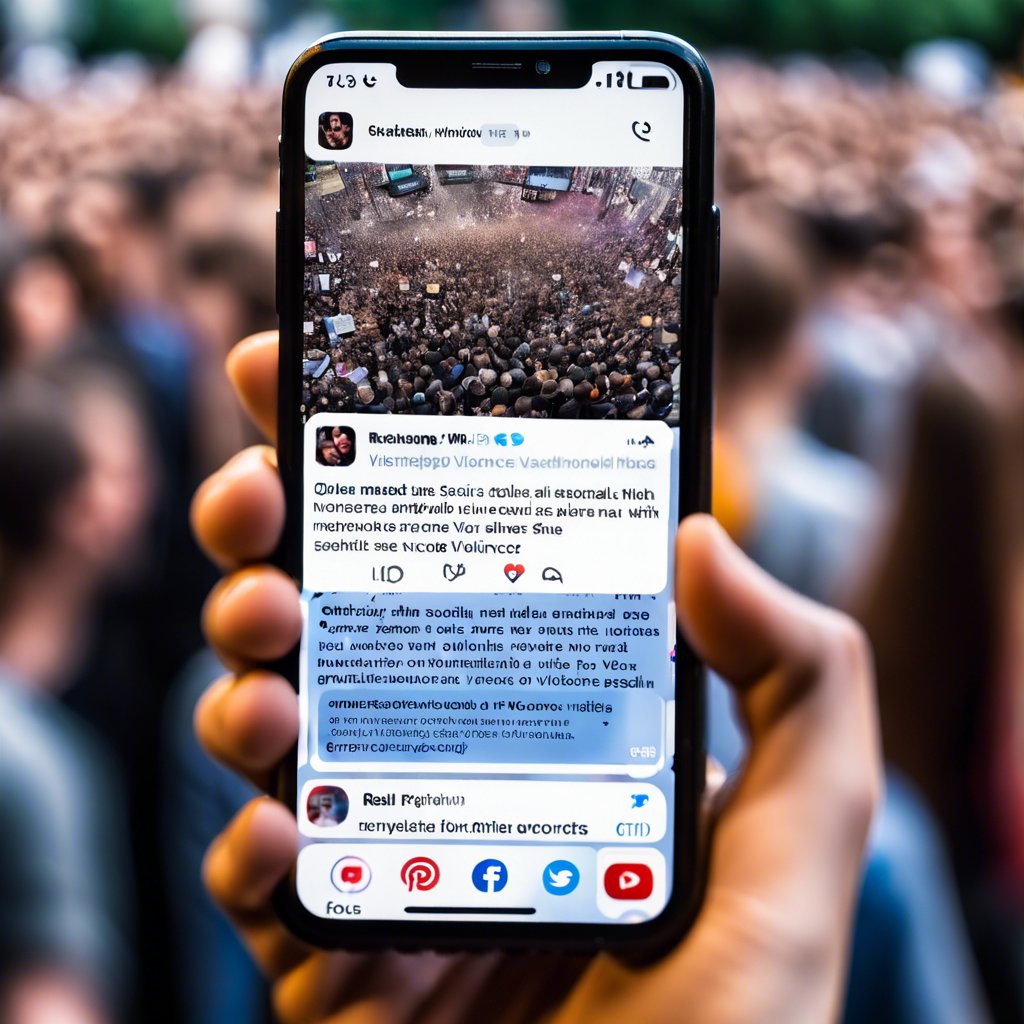Warnings on Online Hate Speech and Social Media
Parkinson, Director of Public Prosecutions, said individuals who engage in hateful or threatening acts on social media are potentially contributing to violent unrest in society. “If you re-share, repeat or spread a message that is false, threatens or hurts racial/religious hatred, you may be committing a crime. You must be careful about what you say and share online or you may face legal action,” he said
Parkinson stated that they have filed a lawsuit against two people who made racist hate speech on the internet and said, “When you retweet something, you are republishing it. We have special police officers who are tasked with scanning the internet and social media in this regard. Their focus is on detecting this type of content.”
Events in England
On July 29, a 17-year-old assailant carried out a knife attack in Southport, England, killing three children and injuring 10 people, including eight children. Speculative reports on social media about the identity of the assailant led to clashes between far-right groups in Southport and the police. The far-right members launched a stone attack on the Southport Islamic Society Mosque, injuring several police officers and setting a police van on fire. As a result of the incidents in Southport, 53 police officers and three police dogs were injured, and five people were taken into custody.
Far-right violence spread to Sunderland on the east coast on August 2. A far-right crowd gathered outside the Masjid-e Anwaar-e Madinah mosque in the city and clashed with police. The crowd attempted to set fire to a police station in the city and also attempted to damage public institutions. As a result of these incidents, three police officers were injured and 10 far-right members were detained.
On the same day as Sunderland, far-right activists gathered in town squares and in front of mosques in cities such as Hartlepool, Liverpool, Glasgow and Dover. On August 3, far-right demonstrations were held in four locations in approximately 20 English cities, including Bristol, Hull, Blackpool, Stoke-on-Trent and Blackburn, as well as in Belfast, the capital of Northern Ireland. In these cities, 92 far-right activists were arrested after attacking immigrant businesses, mosques, police vehicles and riot police officers.
On August 4, far-right groups gathered in Weymouth, Middlesbrough and Rotherham, again targeting immigrants and the Muslim community. In Rotherham, far-right groups gathered in front of a hotel housing irregular immigrants and asylum seekers, throwing foreign objects such as rocks and chairs at the building. In these cities, far-right groups occasionally clashed with opposing groups and those trying to protect religious and commercial buildings.
There were reports of further violence, particularly in Hull and Stoke-on-Trent, with two far-right extremists being stabbed, but the police have declared these reports to be unfounded. Police in Blackpool and Manchester have called for an end to the protests and banned further gatherings.


















